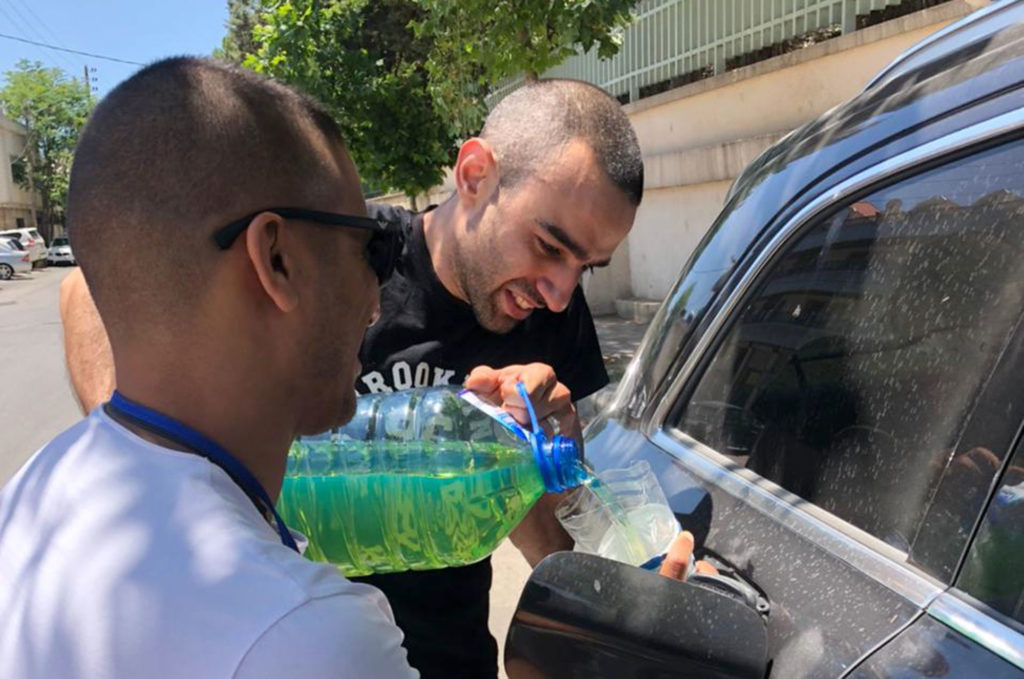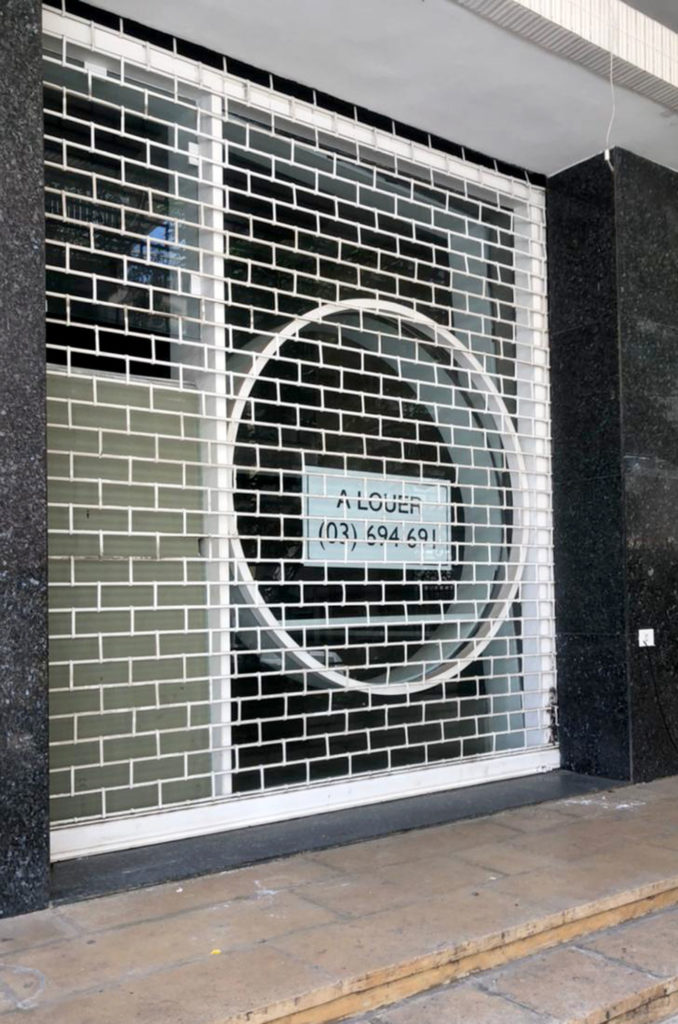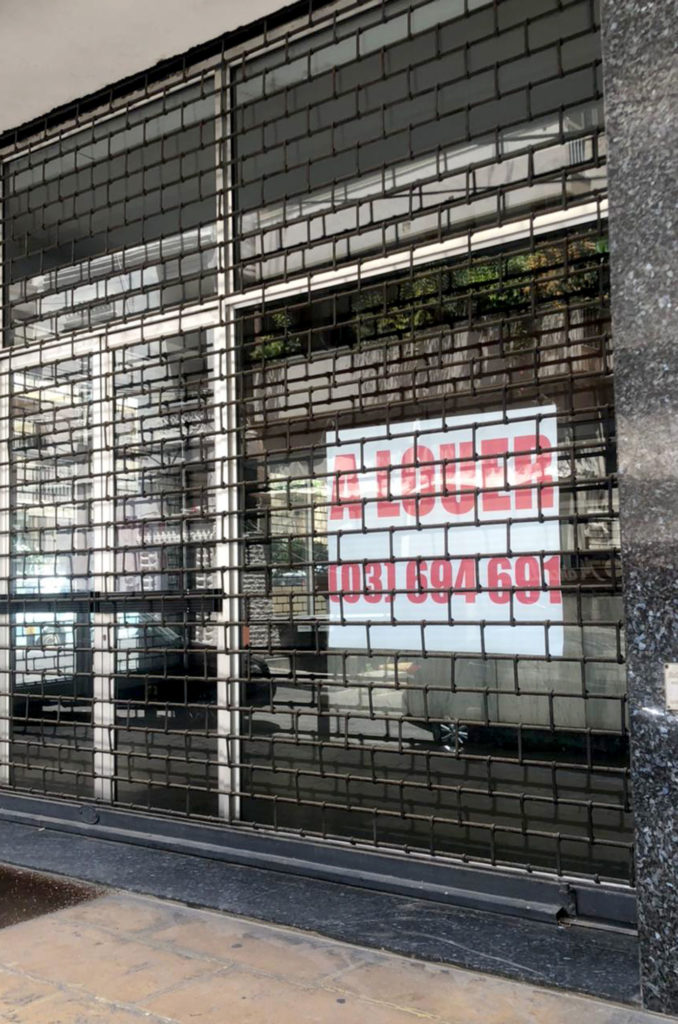A Country in Depression
Posted in: News
After 8 months away, my recent return to Lebanon brought home how desperate the situation has become
In 2019, tension in Lebanon had been brewing more and more each day. Prices were soaring, so was unemployment. Shortages in electricity, fuel and water were rampant, resulting in civil unrest which included acts of self immolation, increased crime rates and, eventually, a revolution of unarmed masses demanding drastic change in the status quo.
Then, on August 4, 2020, the Beirut blast swept away the last bit of remaining normalcy in this eerily contained chaos that is Lebanon.
I had to leave. My mother, whom I haven’t seen in years, called me from Turkey in tears, and I knew that after 10 consecutive years in Lebanon it was time for a break. I am not even Lebanese, mind you, so this stressful place was not even home.
I moved to Turkey to be with my mother. There were many lockdowns in both Istanbul and Lebanon. But I continued my work with Anera online, just like my counterparts at other international nonprofits and many others across the planet.
Time passed quickly but after eight months in Turkey, it was time to go back to Lebanon for a dose of some hands-on field work, which I have really missed. I missed talking to people and hearing their stories, and visiting refugee camps and learning new things. Most of all, I missed seeing my teammates and reporting from the ground.
Of course, I have been following the news and I knew that Lebanon had changed even more. Drastic inflation and economic collapse can do that to a country. I was aware of the shortage of medicines and fuel, and the increased tensions among people. But you’d really have to be there in person to truly sense how depressed this country is now.
People park for hours at gas stations, in lines stretching as far as the eye can see, waiting for petrol. In the meantime, gas station owners reportedly hoard fuel, waiting for the government to remove its subsidization in order to sell their gas for higher prices.


People standing in line outside pharmacies yelling at the pharmacists who can’t sell them more than one sachet of hypertension medicine because their stock is limited.
There are hundreds of shops across Beirut with ‘For Rent’, ‘Permanently Closed,’ or ‘Liquidation’ signs.
Shops now use metal shutters for security when not so long ago their owners would simply leave a wooden chair by the open entrance, signifying that they had to run out for a minute and would soon be back.
My friends, even the most pacifist of them, are now armed with handguns in their cars and homes to defend themselves in case someone tries to rob them.
This was not the Lebanon I met when I arrived as a Syrian diplomat’s daughter 10 years ago. It is no longer safe for me to walk alone or drive at night. I was advised not to enter the Tabbaneh neighborhood in Tripoli because of the increased tension and because I look like a foreigner. That was never the case before. This country is in a Cold War with itself. The Lebanese people are being held hostage in their own land by a failed state run by warlords and thugs.
My father, who has been to almost every country on the planet, would always say, “I have been everywhere, but nowhere is more beautiful than Lebanon.”
Today, I am married to my Lebanese best friend, and I’m afraid that by the time I get my Lebanese citizenship, I will have lost two homes in one lifetime: my Syria and his Lebanon.
OUR BLOG
Related
In this log, Anera provides updates on unfolding war in Palestine and our response. In some cases, additional activities may be added retroactively to the daily entries as we receive additional program reporting. Questions? See our FAQ page July 6,…


